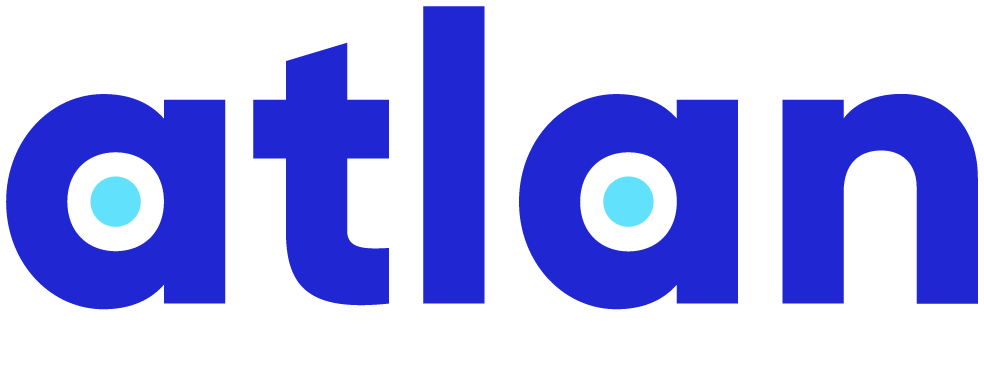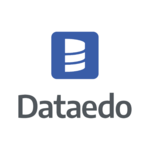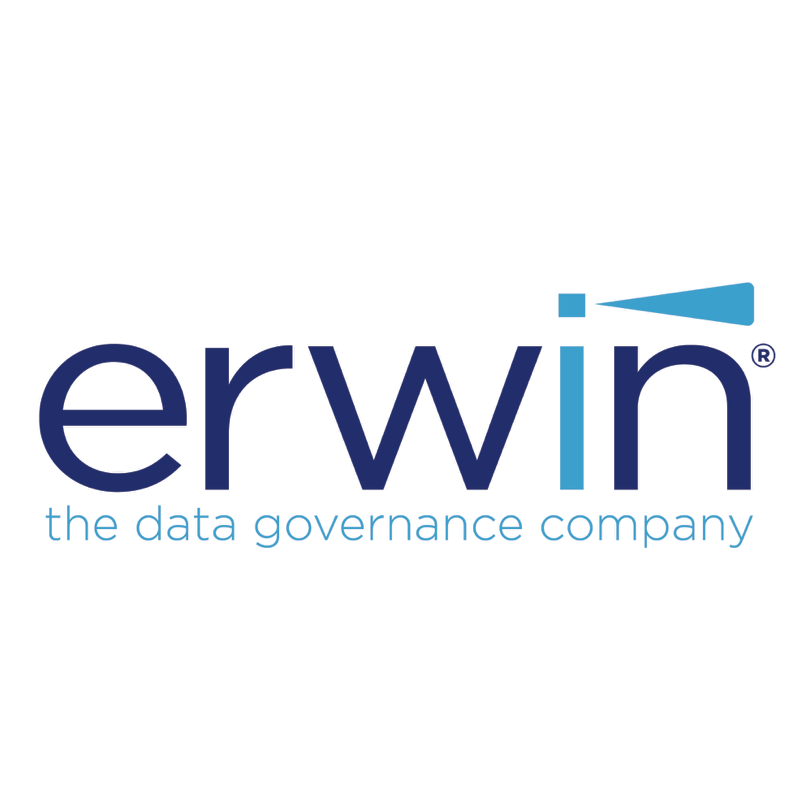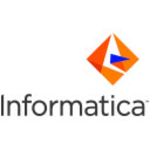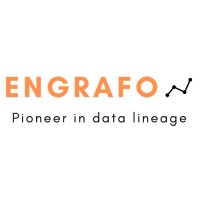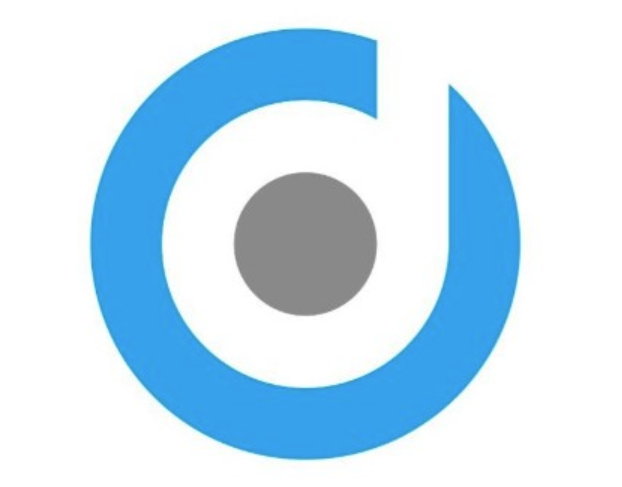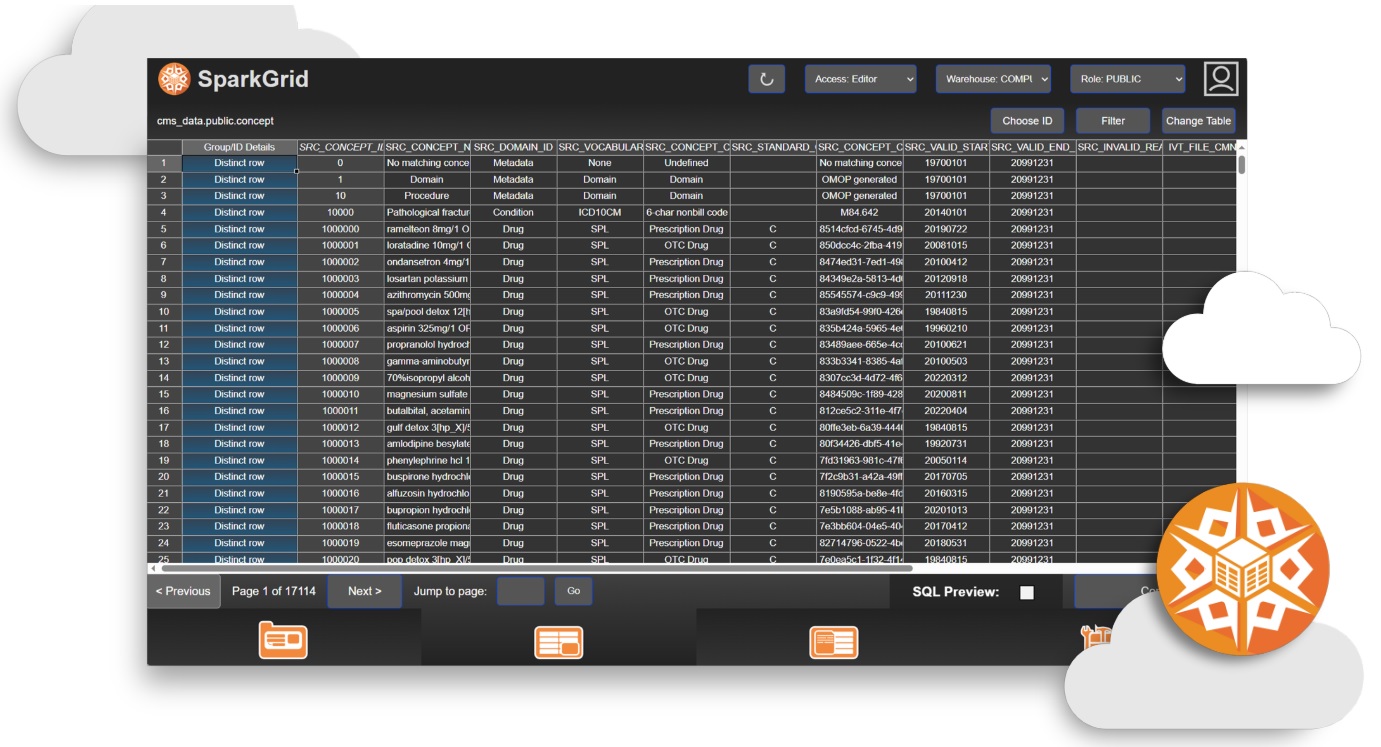No buyer guide found.
Best Metadata Management Software
Last Updated: October 01, 2025
All Software
-
Comparison
53 Software
Top 10 Metadata Management Software
List of Top Metadata Management Software | Best Metadata Management Tools
Pricing Options
Monthly Subscription
Annual Subscription
One-Time Payment
Quote Based
Features
Company Size
Self Employed
Small Business
Medium Business
Enterprise
Engrafo is an advanced data preparation software designed to streamline the process of transforming raw data into meaningful insights. It offers a comprehensive suite of tools for data cleaning, normalization, integration, and enrichment, ensuring that data is accurate, consistent, and ready for analysis. Engrafo's intuitive interface allows users to automate repetitive tasks, apply complex transf... Read more about Engrafo
Datablau DAM is a metadata management software solution that helps businesses organize, classify, and manage their digital assets with precision. This platform is essential for companies dealing with large volumes of digital content, such as media files, documents, and multimedia resources, providing tools to create a standardized metadata structure that improves asset discoverability. Datablau DA... Read more about Datablau DAM
SparkGrid is data management software designed to simplify the way users interact with structured data. With its familiar spreadsheet-style interface, it allows seamless editing, organizing, and monitoring of database tables—no technical expertise needed. SparkGrid centralizes control, reduces friction, and streamlines workflows, making data access and upkeep smooth, reliable, and scalable. Spa... Read more about SparkGrid

